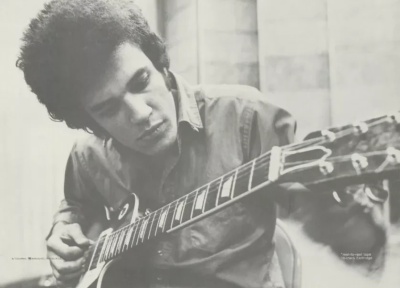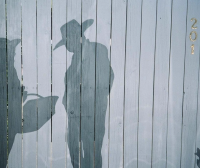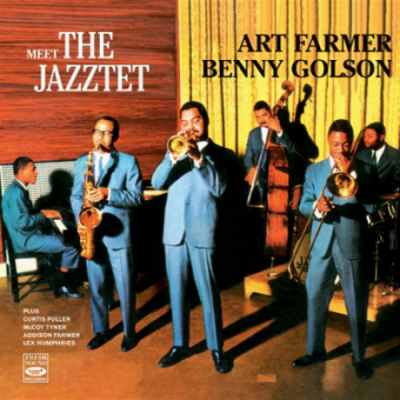.
.
Columbia Records; via Wikimedia Commons

Mike Bloomfield, 1969
.
___
.

.
.
.
___
.
.
Click for:
More poetry on Jerry Jazz Musician
“Bluesette,” Salvatore Difalco’s winning story in the 67th Jerry Jazz Musician Short Fiction Contest
More short fiction on Jerry Jazz Musician
Information about how to submit your poetry or short fiction
Subscribe to the (free) Jerry Jazz Musician quarterly newsletter
Helping to support the ongoing publication of Jerry Jazz Musician, and to keep it commercial-free (thank you!)
.
___
.
.
Jerry Jazz Musician…human produced (and AI-free) since 1999
.
.
.


































A couple post-script notes about this…
Mark Naftalin was in the original Paul Butterfield Blues Band along with Michael Bloomfield, Elvin Bishop, Jerome Arnold and Sam Lay during the mid-1960’s. His keyboard work on their 1966 masterpiece ‘East-West’ is both subtle and sublime.
This was Michael’s last album with Butterfield before moving on to form The Electric Flag in 1967.
Special thanks to Joe Maita for including the audio link to ‘Sweet Little Angel’.